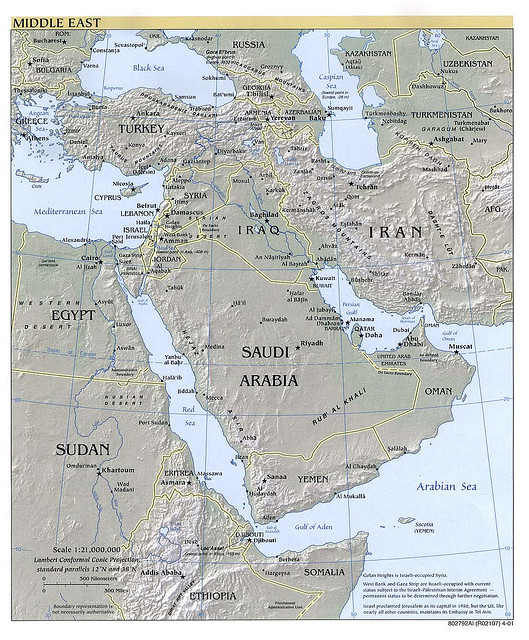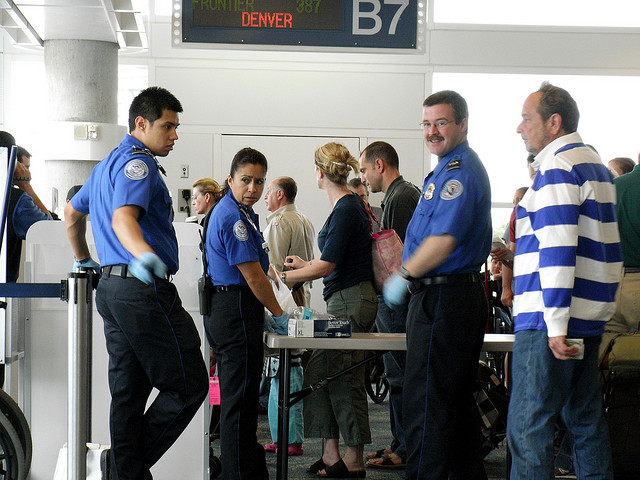On January 21, 2016 the Department of Homeland Security confirmed that the Visa Waiver Program Improvement and Terrorist Travel Prevention Act would begin to be implemented. As a result of the recent terrorist attacks in San Bernardino county and abroad, Congress passed the Act in an effort to protect Americans from potential attacks and to secure the border. The Act increases travel restrictions for certain nationals seeking admission to the United States via the Visa Waiver Program.
Presently, the Visa Waiver Program allows nationals from 38 designated countries to travel and seek admission to the United States without a visa, for a maximum duration of 90 days. Visa Waiver Program travelers must have an approved Electronic System for Travel Authorization (ESTA) before travel.
As of January 21, nationals of visa waiver participating countries who have traveled to or been present in Iran, Iraq, Sudan, or Syria on or after March 1, 2011 will no longer be eligible to travel or seek admission to the United States under the visa waiver program. Nationals from visa waiver participating countries who maintain dual nationality with any of the aforementioned countries, are also excluded from traveling or seeking admission to the United States under the visa waiver program. Instead, these individuals must apply for a tourist visa at a United States Consulate or Embassy abroad before seeking admission to the United States. Part of this process will require a nonimmigrant interview to be conducted, before issuance of a tourist visa. DHS expects that this new legislation will not adversely impact visa waiver program travelers, since the Act does not ban these individuals from traveling to the United States, rather it removes the privilege of traveling under the visa waiver program, and requires these individuals to apply for a tourist visa.
 Visa Lawyer Blog
Visa Lawyer Blog




